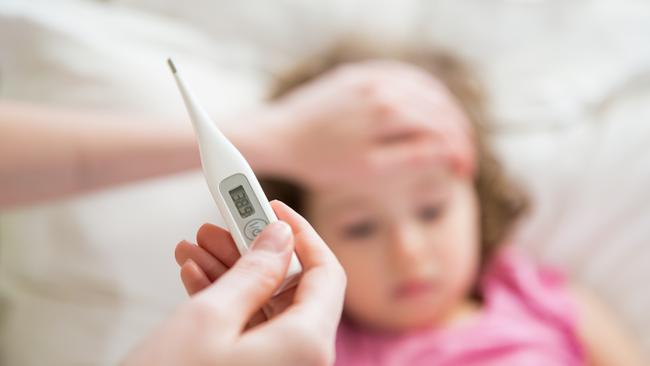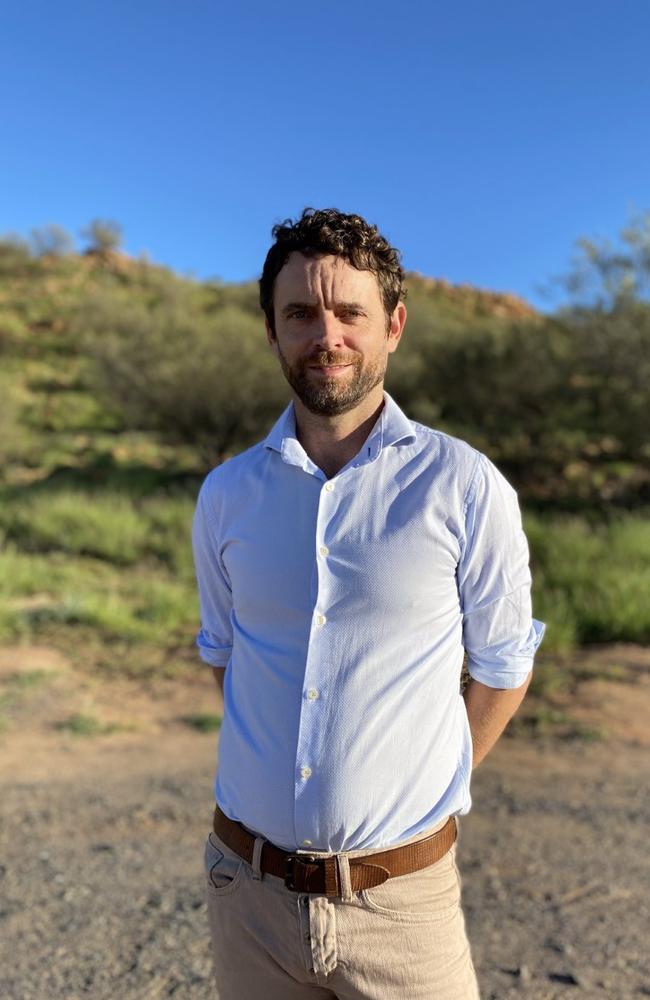Dr Nicole Sleeman of Cairns Doctors warns of serious health impacts due to climate change
Far North doctors are warning that we need to take seriously the predictions in the latest State of the Environment report. This is what it means for our health in the tropics.
Cairns
Don't miss out on the headlines from Cairns. Followed categories will be added to My News.
AUSTRALIA’S State of the Environment Report made many grave predictions about the nation’s future, but it could signal larger consequences for Far North residents, according to a Cairns doctor.
Dr Nicole Sleeman, a GP at Cairns Doctors, examined the report, released in late July, and was concerned for the health of the locals she treats every day.
“In 2017 I came to understand that climate change is the biggest threat to human health of our time,” she said.

“We’re only one part of the ecosystem. When you impact other parts … it has knock-on effects to us.”
Ms Sleeman said the report’s outline of the destruction of natural capital, such as forests, and increases in unpredictable, disastrous weather events bodes poorly for human wellbeing.
“The loss of biodiversity increases the risk of infectious disease outbreaks, such as Covid. The expectation is there will be more such diseases,” she said.

“Environments such as coastal mangroves are being cleared for development, but they protect us against natural disasters such as flooding and cyclones, which have huge repercussions for our health.
“Flooding can cause infectious disease outbreaks. People can end up with such water damaged housing structures that they contract chronic diseases from mould sickness.
“Cyclones can flare up respiratory illnesses like asthma because of all the allergens they bring into the air.

“Also, loss of green space makes us less resilient to rising temperatures. Under a low emissions scenario, we can still expect to see a 200 per cent increase in heat related injuries.
“The thing that makes this even more pressing in Cairns is we have a higher heat index because of the humidity, which means our bodies are under stress at lower temperatures when compared to other parts of the country.”
Indigenous health expert Dr Simon Quilty said Indigenous people in remote communities are at particular risk because of poverty levels that start with poor housing.
“When the weather gets hot, the inside of these dwellings heat right up and can reach dangerous temperatures,” he said.
“Due to climate change, what’s being experienced is increasing lengths of these extreme temperature periods which is undoubtedly having adverse impacts on health and wellbeing of First Nations people.”
More Coverage
Originally published as Dr Nicole Sleeman of Cairns Doctors warns of serious health impacts due to climate change




